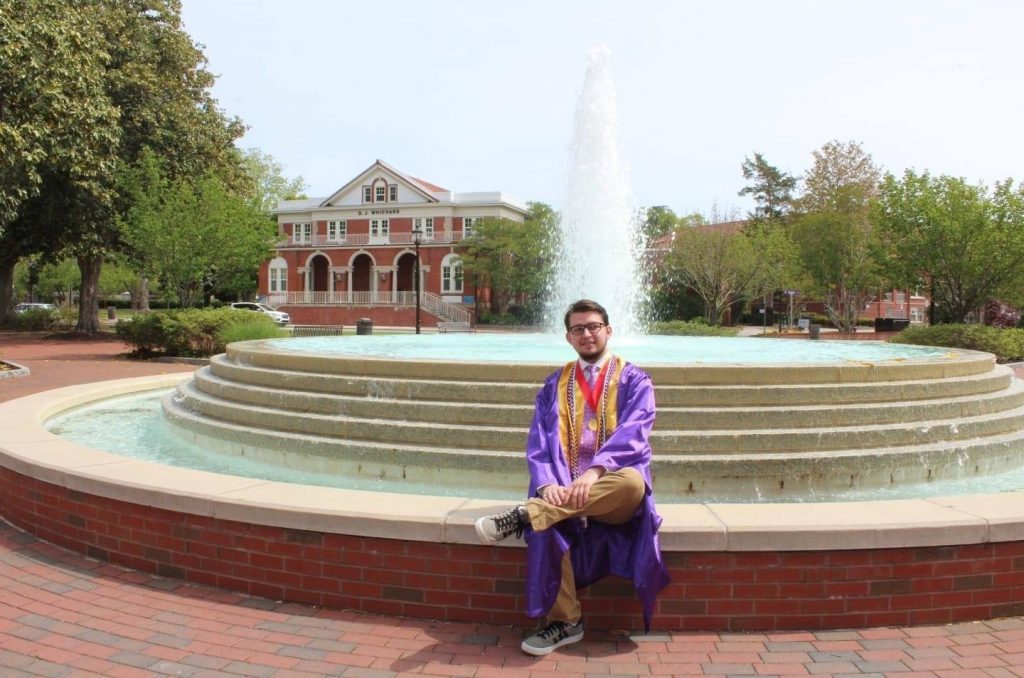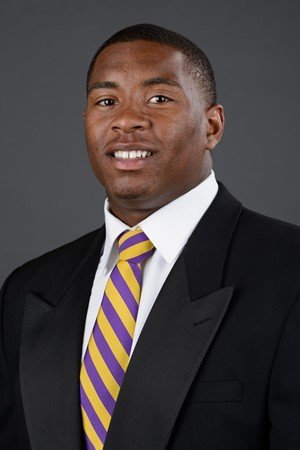Mosier, Samantha L. and Susan M. Opp. 2019. Pracademics in Network of Schools of Public Policy, Affairs, and Administration Accredited Programs: Insights from a Survey of Program Faculty Members. Teaching Public Administration.
Abstract: This article examines current and previous practitioner experiences of faculty in Network of Schools of Public Policy, Affairs, and Administration accredited programs. Using original survey data, this study demonstrates that a majority of Network of Schools of Public Policy, Affairs, and Administration program faculty members have prior or current practitioner experiences. However, prior practitioner experiences among younger faculty is significantly lower when compared to older faculty. Faculty report far less current engagement and, of those who do have active engagement roles, most are participating in short-term activities and in non-profit roles. Evaluation credit may be one dynamic to understanding a lack of engaged service activity. A majority of respondents engaging in outside service are from research-focused, doctoral-granting institutions, where it is more likely positive credit is received. Collectively, the results demonstrate that, for the most part, faculty members do have practical experience that can influence their teaching and research functions; however, current incentive and promotion structures may not actively support service engagement activities for modern faculty.
SEE: https://journals.sagepub.com/doi/abs/10.1177/0144739419894039?journalCode=tpaa





